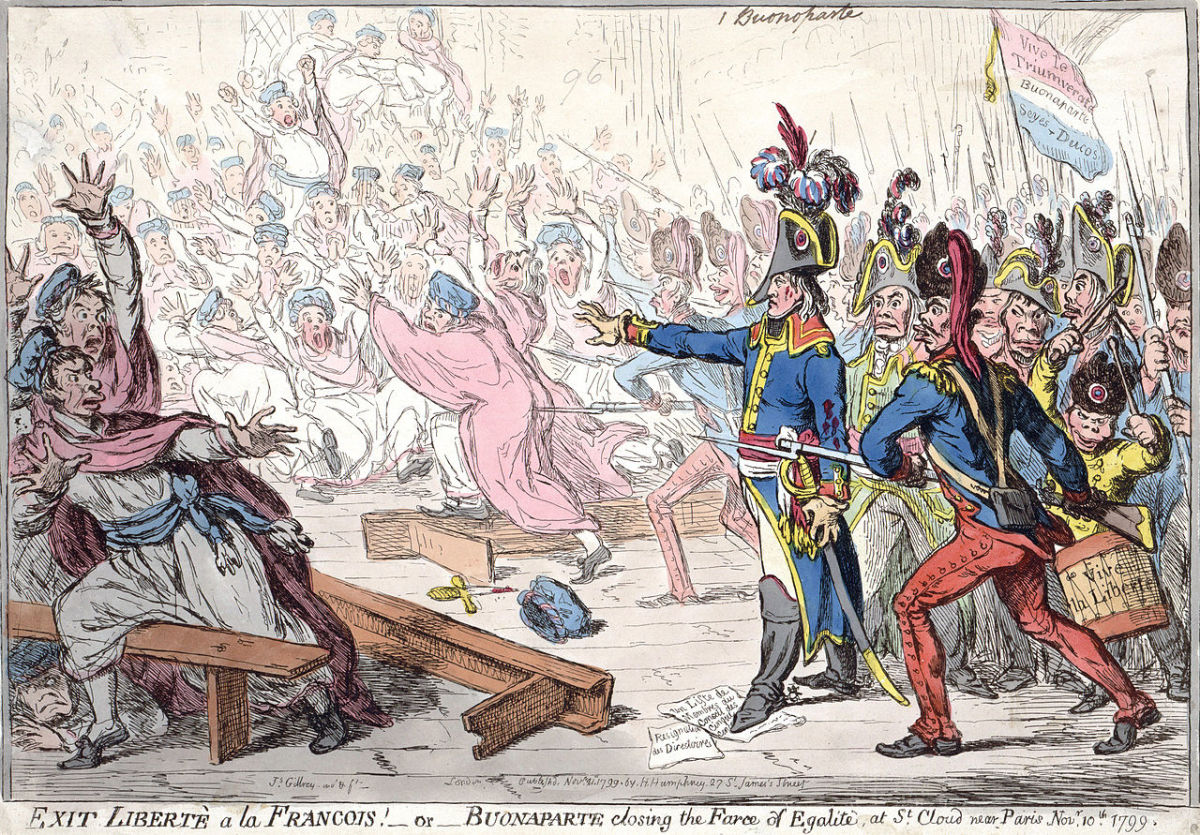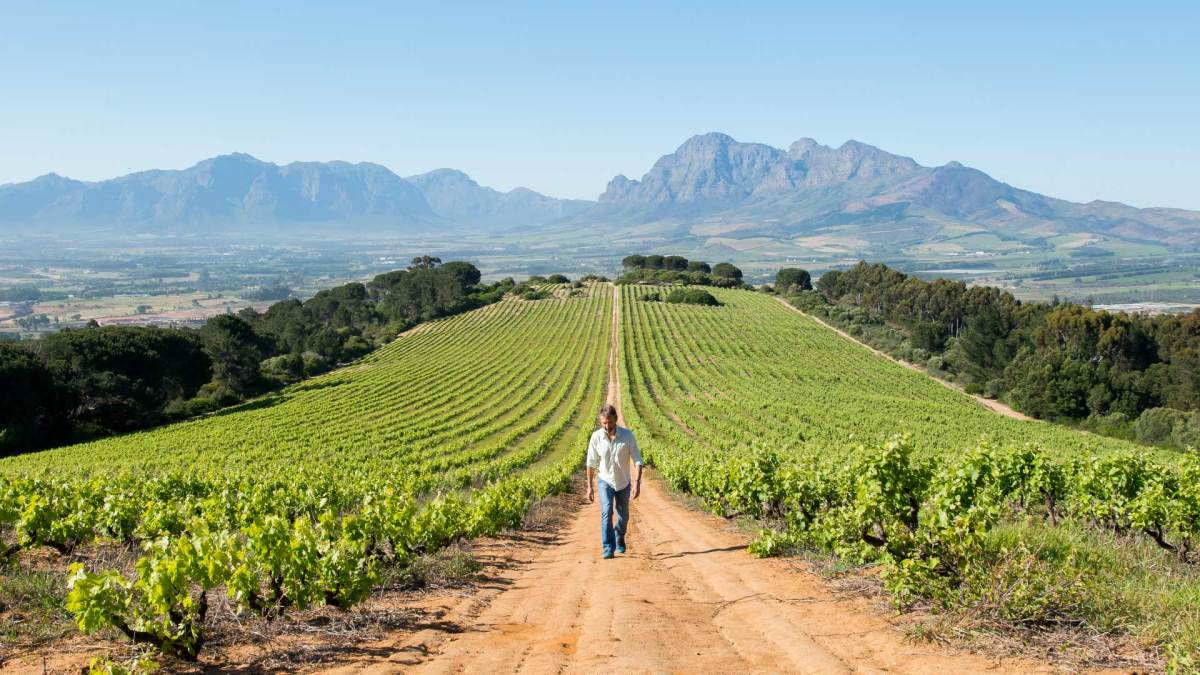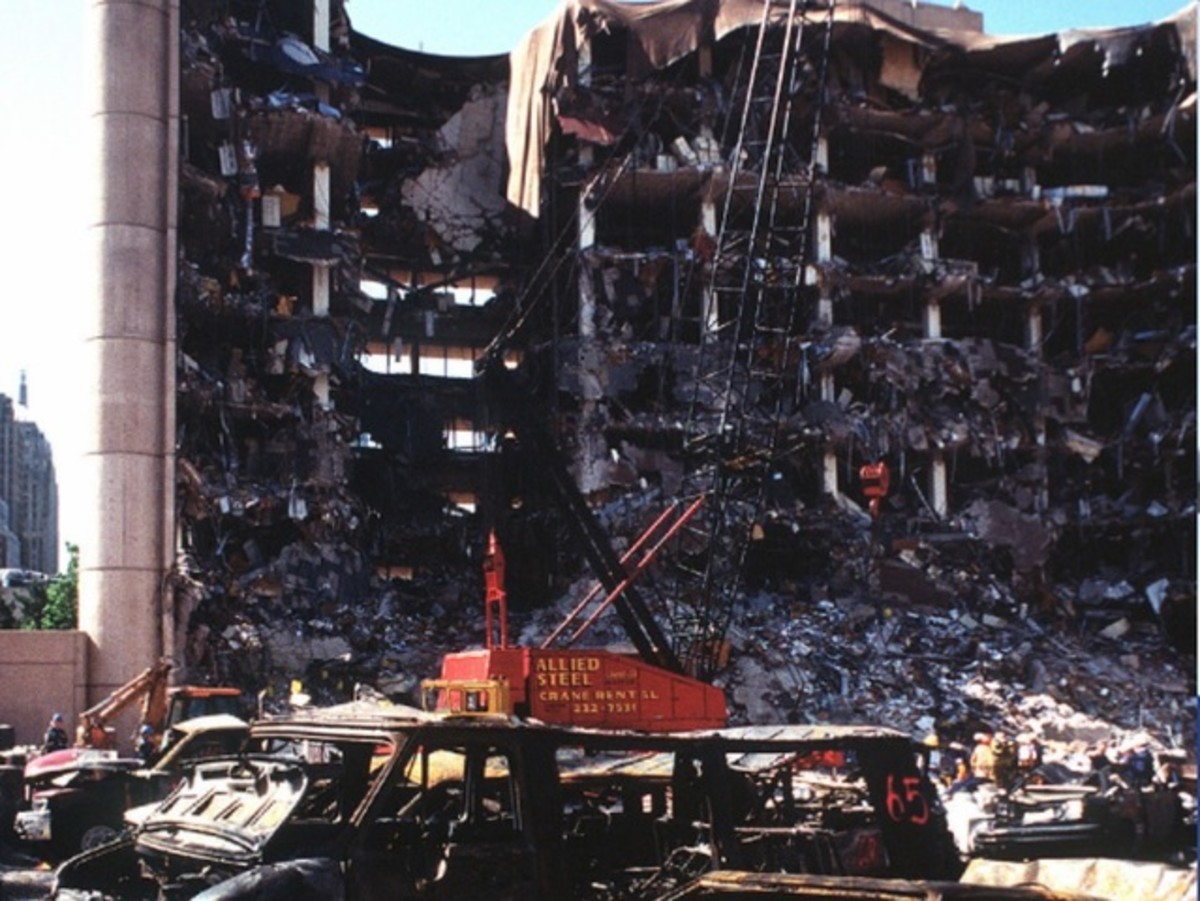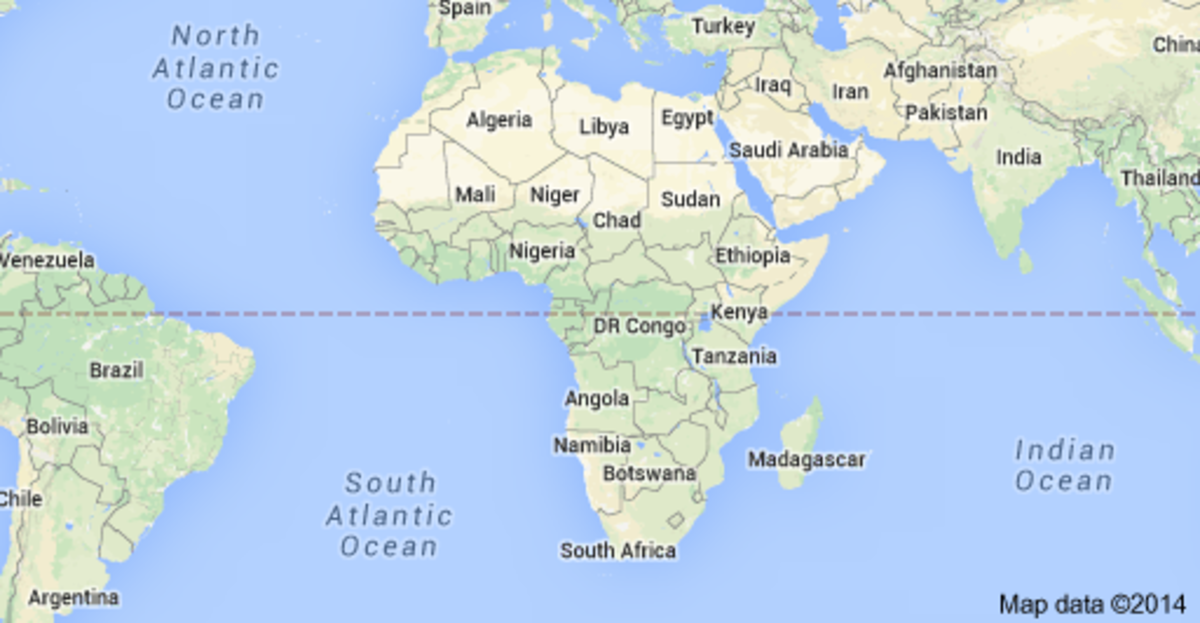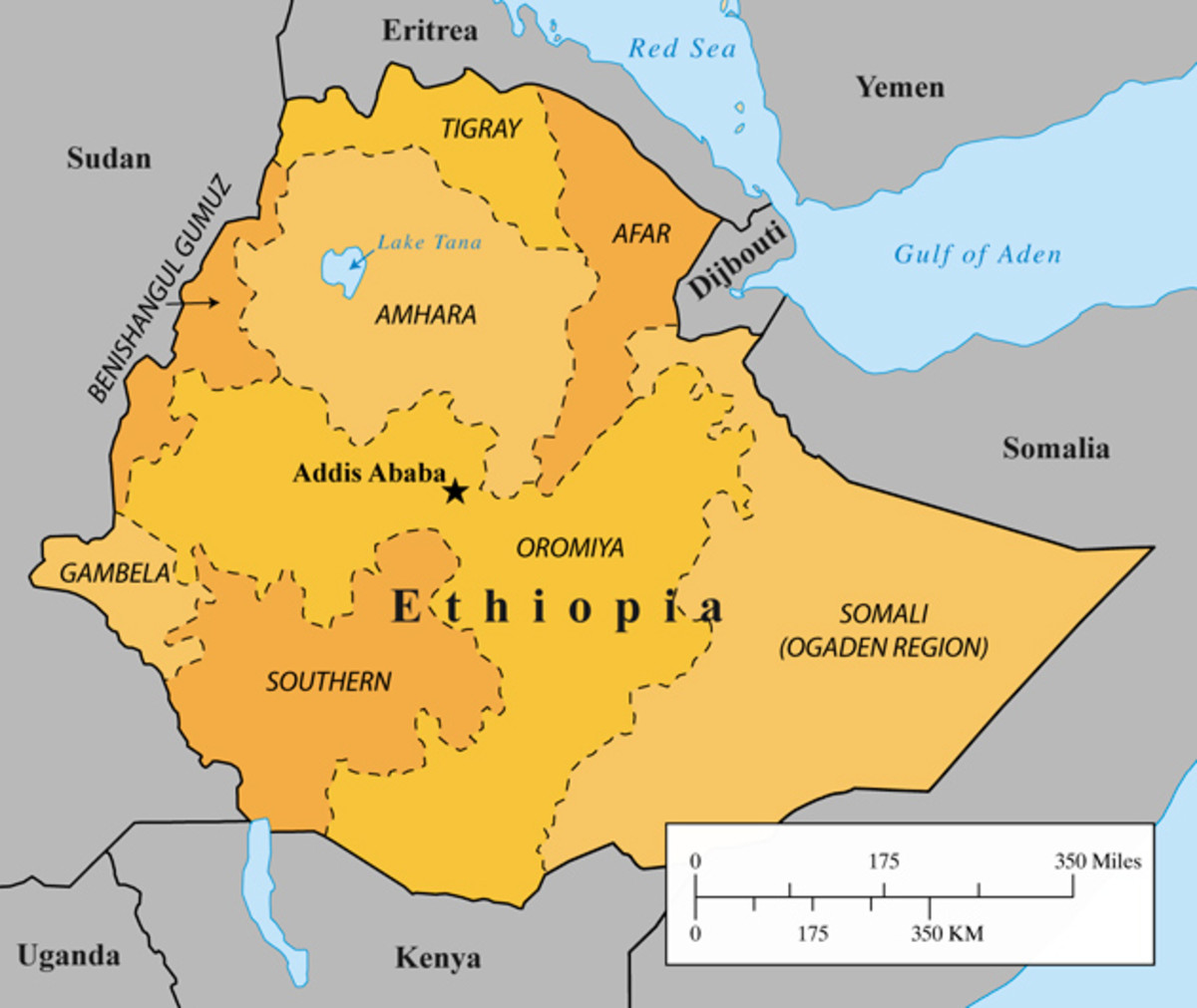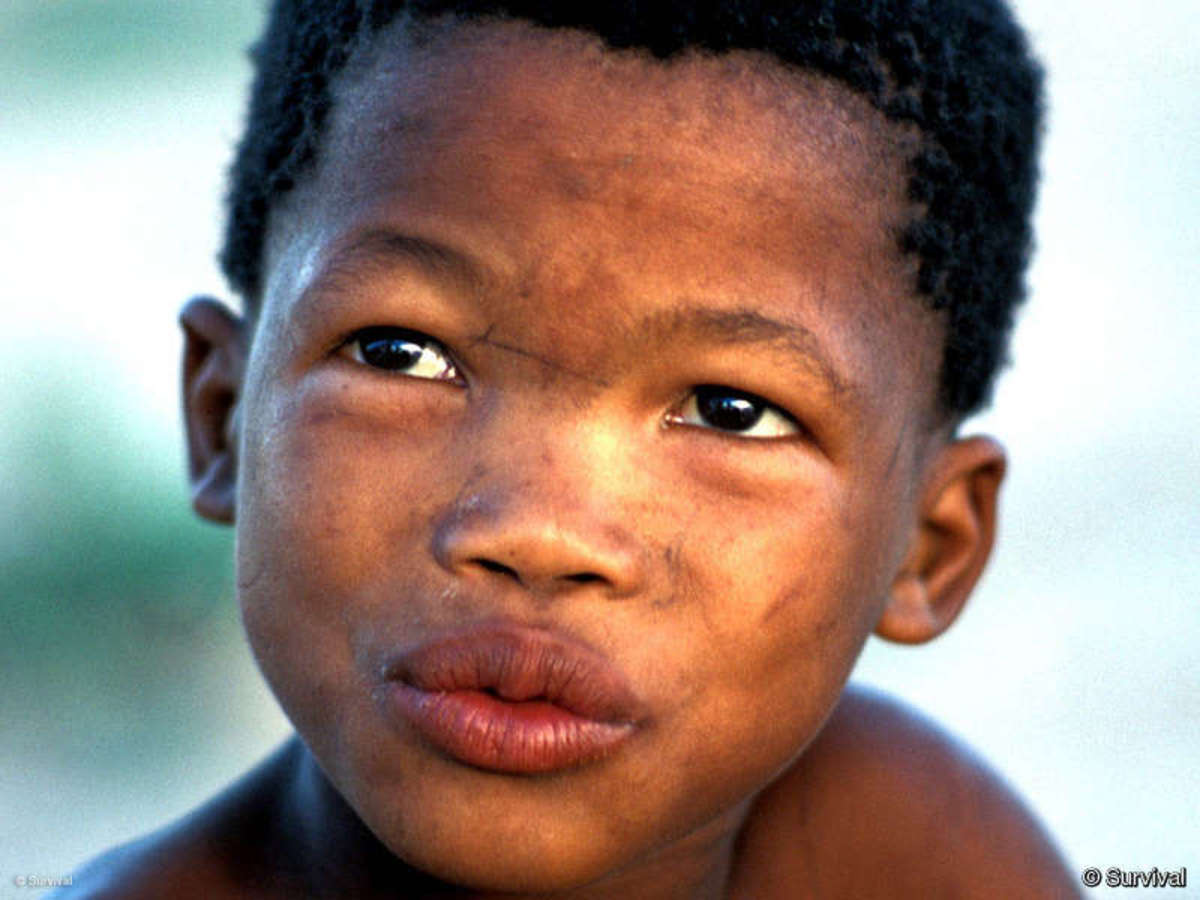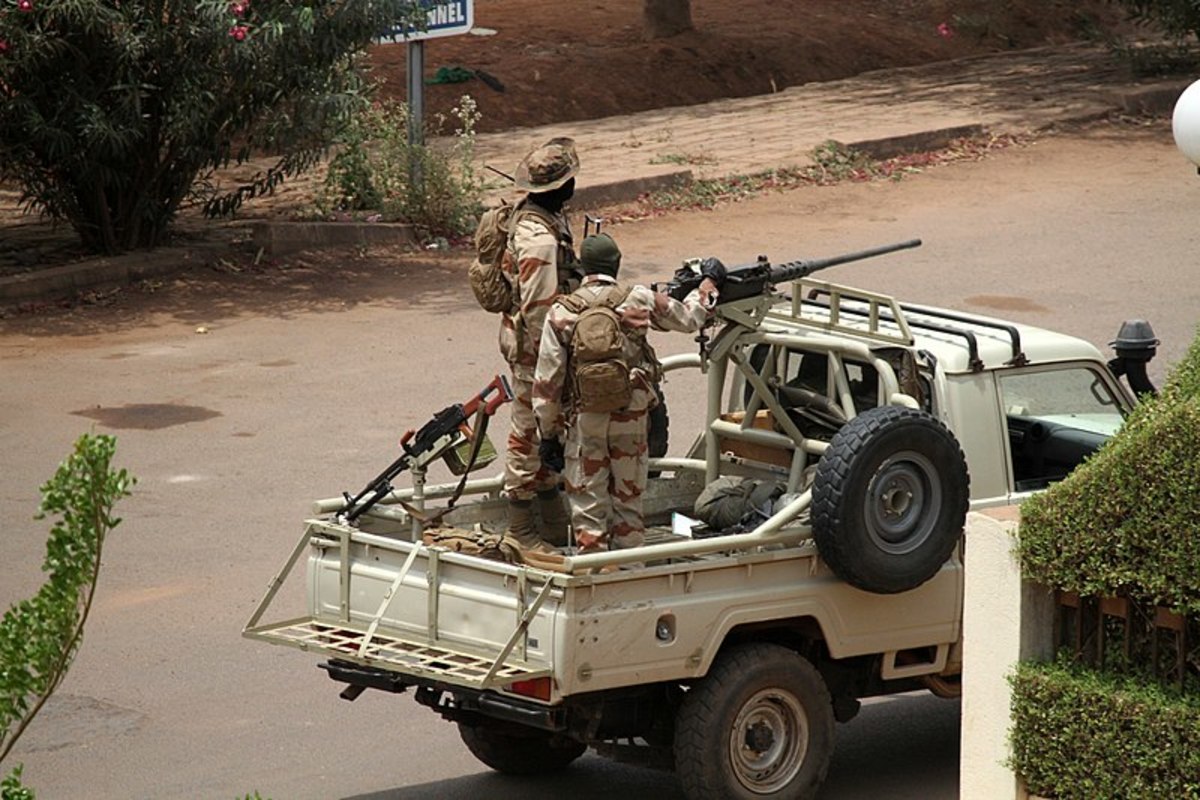Top 10 African coups
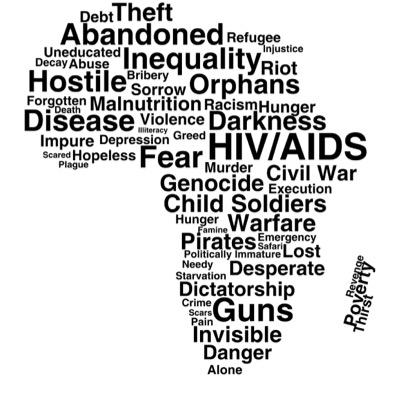
Most of the times, Africa is perceived as a land of poor and underdeveloped countries. It is also regarded as land of ancient civilization, wild species and natural resources. From the political angles as well Africa is unique because merely in a decade it has witnessed about a dozen coups and attempts to overthrow the governments. Follow is a list of top ten famous coups that were staged in African countries within the last decade.
Burkina Faso
In the poor landlocked country of Burkina Faso, a coup attempt targeting the ouster of president was foiled by the security experts on October 8, 2016 (Link 1). According to them, former President Bliaise Compare was behind such plot. Earlier, in September 2015 about 30 prisoners were deposed due to their involvement in a coup attempt. As per plan, these 30 prisoners had to attack the presidential palace. The Interior Minister was of the view that the plotters intended to take hold of forces headquarter and the detention center where leaders of the previously failed coup were held. At least 10 people were arrested when they were trying to enter the capital Ouagadougou (Link 2).
Former President Blaise Compare, now exiled in Ivory Coast, was forced out from power in October 2014 after mass protests against his plans to extend his 27-years rule by making amendments to the country’s constitution. The coup of 2015 was also failed by the army with assistance from the public who support the regime of current French-educated President Roch Marc Kabore.
Libya
Libya has been in turmoil after the ouster of Colonel Muammar Gaddafi and his government. On October 14, 2016, former Prime Minister Khalifa al-Ghwell attempted a coup to overthrow the sitting UN-backed government. According to plotters it was an "historic initiative to rescue Libya" and the supporting militiamen seized the key state buildings (Link 3). The buildings also included Rixos hotel in the capital where state-council officials reside.
The militiamen were seen in pickup trucks with mounted machine gun. They also took control of a TV station. Khalifa Al-Ghwell declared his victory on media and claimed his control over the government machinery (Link 4). The ruling presidential council was in Tunis then and issued directives to arrest the perpetrators behind such coup. Such move received condemnations from the United Nations, European Union and other international organizations that it would give birth to further discord. After the new government captured four oil ports, the country received a boost to the economy. The standoff still continues to some extent with both sides struggling to increase their authority over the country.
Burundi
In Republic of Burundi, on 13 May 2015, one of the Army generals Godefroid Niyombare, surprised everyone, by publicly announcing the dismissal of government as a result of protests and the associated unrest (Link 5). At that time, the sitting President Nkurunziz was in Tanzania far a special meeting regarding the future of Burundi. On knowing such news, he flew back to Burundi. However, as the airport was taken by rebels so he went back to Tanzania instead (Link 6). Nkosazana Dlamini-Zuma, African Union chairperson, strongly condemned the coup attempt and urged restoration of constitutional order.
In the meanwhile, the presidential palace and the radio stations were under the control of loyal forces. Presidency called such incident as rumor. On the other hand, Head of the armed forces Prime Niyongabo showed his loyalty and stood on the government’s side. The forces shortly regained control and so, the President Nkurunziz arrived in the country. The prime plotter and his accomplices were arrested and the court convicted General Niymbare with charges of mutiny on a verdict dated 16 May 2015 (Link 7). According to one of the plotter military’s supportive stance to the government was the main reason which failed such attempted coup. As per media reports, journalists have not been dealt properly after such incident.
Burundi is in civil war since 1993 and it has claimed many precious lives and made several of the people as refugees. According the UN’s estimates about 100,000 fled the country. In the year 2015, the president Nkurunziz sought extension for his third-term in the government.
Benin
On 3 March 2013, according to government officials of the small West African nation of Benin, a coup was attempted to remove President Thomas Boni Yayi and replace it with a military regime. The plotters included a prominent businessman Johannes Dagnon and a military commander Colonel Pamphile Zomahoun. Both of them were arrested for investigations (Link 8).
According to reports and as per official prosecutor's statement the plot was to hinder the head of state from returning back from a foreign trip. At that time, President Yayi was on his visit to Equitorial Guinea for an international summit with South American leaders. However, the attempt was foiled by the government authorities. There was speculation that the attempted coup had links to the previous rebellious moves against the government (Link 9).
Plots to overthrow government and the officials are not new in Benin. President Yayi survived an armed ambush when he was on an election campaign tour. In 2012, a group which included President’s niece and a prominent businessman were taken to custody after being accused of poisoning the president. They hatched a plot to replace his medications with a deadly poison. Yayi, the first-elected president, was re-elected in 2011 following his successful presidential tenure that started in 2006.
Chad
On May 01, 2013, a coup to overthrow government of President Idriss Déby was foiled by the government forces (Link 10). The chief plotters included two army generals and two Members of the Parliament - one each from the government and opposition. All of them were arrested on miscellaneous charges. Various skirmishes erupted in various parts of the capital, N'Djamena, and at least four people lost their lives. In the nearby residential area, separately, about a dozen people were killed. A list of future government officials was also discovered from the rebellions and such evidence further aggravated the tussle. According to security officials the group had been conspiracy for about four months.
Chad, who achieved its independence from France in 1960, has a long history of suchlike rebellious movements. A BBC reporter was of the view that the news of attempted coup was perceived as a business as usual scenario and the citizens were not found expressing their concerns. In the former French colony, President Deby himself came to power as result of a coup in 1990. He is considered an ally of West and he has played instrumental roles against the Islamist elements in the region. Rebels from eastern Chad attacked the president in 2006 and 2008 however, he survived the attempts. In past Chad had accused Libya and Sudan for nurturing the rebellious movements (Link 11).
Egypt
On July 03, 2013, Egypt president Mohamed Morsi of Muslim brotherhood was ousted in a military coup by the chief of armed forces, General Abdel-Fatah al-Sisi (Link 12). The constitution was suspended and it was announced that an interim cabinet would be installed which will follow presidential and parliamentary elections. According to Muslim Brotherhood, Mr Morsi was taken to an unknown place and about 300 of their members were also arrested. The move was welcomed by anti-Morsi groups and celebrations were observed in the capital's Tahrir Square. Many jubilant supporters partied there with dancing, waving flags and drinking etc. The event followed a long conflict between proponents of Muslim brotherhood and the opposing factions. Several hours before such successful coup, an ultimatum was given by General Sisi to solve the impending political crisis. Failure to reach a mutual-settlement resulted in such overthrow of government. However, according to Morsi supporters, he was willing to form a unity government. They lamented the change and considered it a betrayal of democracy (Link 13).
Some of them cried calling the incident conspiracy of anti-Islamic segments. Soon after the incident armored vehicles were seen surrounding the presidential palace and the state television went against the Muslim Brotherhood. President Morsi rejected the coup and responded by claiming mandate from the people. Bureaucracy installed at Mubarak's time also welcomed the change. Egypt witnessed second revolution within a period of two years. More than seven people had died within one hour and about 300 injuries were reported in major parts of the country. Later, General Sisi in a news conference called it a reconciliation move rather than a 'takeover coup'. He announced to form a government of technocrats and initiation of constitutional amendments.
Guinea Bissau
A military coup took place on 12 April 2012 in Guinea Bissau, a western African country (Link14). According to reports armed soldiers, a couple of days ahead of the presidential election surrounded key locations including the prime minister house and airport etc. Services of Television and radio were stopped and armed troops were seen attacking various places. Many officials were arrested. It was speculated that army circles disliked the potential presidential front winner candidate due to his intentions of introducing military reforms. The action resulted in condemnation from the United Nations and the African Union calling it an attempt to 'tarnish the image of Africa' (Link 15).
Former Portuguese colony with 1.6 million population, Guinea Bissau achieved its independence in 1974 and has been in a political turmoil ever since. There had been many instances of overthrowing the regime and assassination of leaders. No democratically elected leader could complete his tenure. Except one, it was the military that took over the governments forcibly. Army plays one of the most influential roles in the country. There is a big market for cocaine in the Guinea Bissau and it is often called a 'narco-state' internationally.
Mali
Mali, a country emblematic for democracy, witnessed a military coup on 21 March 2012. Army overthrew the government by looting the presidential palace and arresting the ministers. Considered a repercussion of Arab Spring owing to mass smuggling of weapons from Libya to Mali, the news was considered a serious setback to democracy. In the northern part rebellious movements were gaining success which infuriated the national army and hatched a plot to sack the government. They announced seizure of power in the former French colony (Link 16).
The president himself desired not to further extend his stay in government and announced elections for the next president. Such intentions are unbecoming of the rulers in neighboring Senegal, Niger and Ivory Cost where leaders have moved past the constitutional limits to seek extension. After the coup, media-persons reported looting incidents with some of them directly involving army men. French government, United States and the African Union expressed strong condemnation of the coup and sought restoration of legitimate democracy (Link 17). African Union called an emergency meeting in Ethipia to further discuss the issue and then announced suspension of Mali from African Union. Later, the coup-leader Amadou Sanogo, a US trained military official, was found guilty of mass murdering the people loyal to ex-president.
Madagascar
In a long spell consisting of several protests against the president Ravalomanana, finally on 16 March 2009 soldiers from the Madagascar army raided the president's house and seized his government (Link 18). The palace was taken by the Malagasy army and the president was reported to have fled to another country. Mayor of the capital Andry Rajoelina assumed charge as transitory head-of-state. About 130 people lost their lives in various protests preceding the coup.
The action received serious uproar from the African Union. Outgoing president was considered a dictator with business interests. It is said that he rose from selling yogurt to a business conglomerate. One of the poorest countries, Madagascar has more than half of its population living below $ 1/day (Link 19).
Mauritania
On 6 August 2008, there was a bloodless coup in Mauritania and as a result both the President (Sidi Ould Cheikh Abdallahi) and the Prime Minister (Yahia Ould Ahmed El-Waqef) were ousted (Link 20). It was the first freely elected government and the country has a history of various coups, political skirmishes and killing of leaders. The chief coup plotter was a military general with a group of three generals. The presidential palace was surrounded by military men and according to the daughter of president; he was arrested by commandos and taken to any unknown location.
According to experts, the military was with the president's soft corner toward Islamist organizations. He opened talks with Islamic hardliners and Al-Qaeda affiliates which infuriated the military men (Link 21). A year earlier Israeli Embassy was targeted by Islamic militants. The news received condemnations from European Union, the United States and African Union. European Union also threatened to withdraw its plans of granting aid to the republic. The move of coup received welcoming responses from various segments. However, Jamil Mansour, leader of an Islamist faction opposed this step.
SOURCES
Link 2: http://www.bbc.com/news/world-africa-37731778
Link 6: http://www.bbc.com/news/world-africa-32724083
Link 7: https://www.theatlantic.com/photo/2015/05/violence-protests-and-a-potential-coup-in-burundi/393287/
Link 8: https://www.theatlantic.com/photo/2015/05/violence-protests-and-a-potential-coup-in-burundi/393287/
Link 9: http://www.bbc.com/news/world-africa-21653867
Link 10: http://www.bbc.com/news/world-africa-22377560
Link 11: http://www.aljazeera.com/news/africa/2013/05/20135251238532919.html
Link 13: http://www.nytimes.com/2013/07/04/world/middleeast/egypt.html?mcubz=0
Link 14: http://www.aljazeera.com/news/africa/2012/04/2012413232852260513.html
Link 15: http://www.un.org/press/en/2012/sgsm14235.doc.htm
Link 16: https://www.theguardian.com/world/2012/mar/23/mali-suspended-african-union-coup
Link 17: http://www.nytimes.com/2012/03/23/world/africa/mali-coup-france-calls-for-elections.html?mcubz=0
Link 18: http://www.reuters.com/article/us-madagascar-election-idUSBREA0O0HE20140125
Link 19: http://www.nytimes.com/2009/02/01/world/africa/01madagascar.html?mcubz=0
Link 20: https://www.theguardian.com/world/2008/aug/06/1
Link 21: http://www.aljazeera.com/news/africa/2008/08/20088695834599264.html
© 2017 right one

